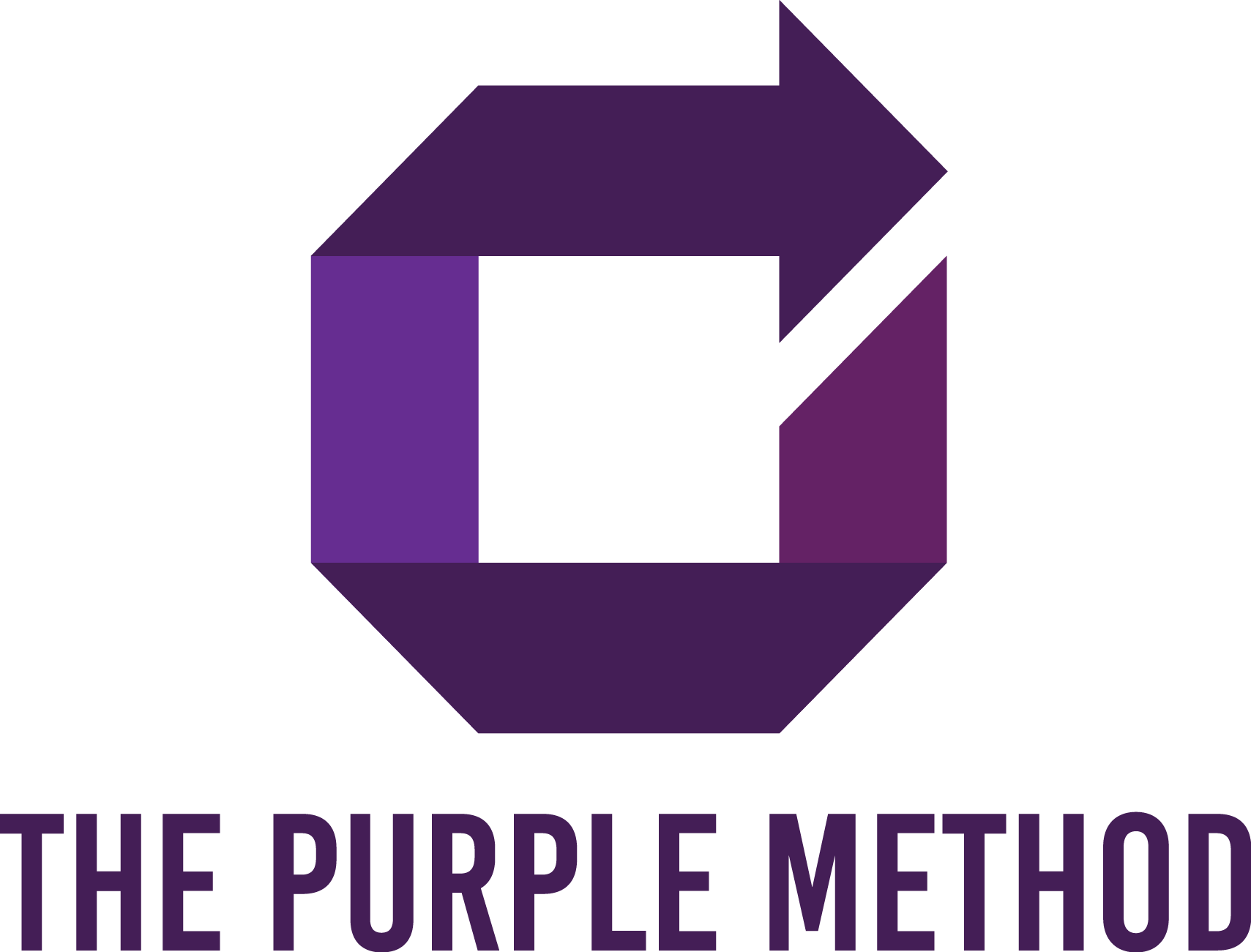Inclusive Workplace Culture: Essential to the Current Talent Market
When confronted with an economic downturn, cutting diversity, equity and inclusion (DEI) efforts is a critical mistake.
Previous years saw a diversity and inclusion hiring boom. After Black Lives Matter protests in 2020, organizations implemented efforts to boost gender and racial diversity in their ranks and many hired their first ever chief diversity and inclusion officers, creating new departments with the promise of making equity efforts a priority. However, many of the same companies that made this promise are now gutting the very departments meant to achieve these goals.
Maintaining a commitment to DEI in both good and bad times is a best practice for all companies, across all industries. Leaders must view DEI strategies as part of their plan to navigate through a recession and to position the business to recover and thrive when the economy improves. In fact, we know that an inclusive workplace culture is no longer just “nice to have,” it’s essential in the current talent market. When it comes to retaining top talent, DEI and intersectionality initiatives can often make all the difference, particularly in the wake of the Great Resignation. According to a recent report from McKinsey and Lean In, workers are more likely to leave companies where equity efforts aren’t a priority. Nearly 1 in 5 female leaders have left a job in the past two years because of a company’s lack of commitment to DEI.
Significantly, these initiatives provide employees with a safe environment where their unique experiences are not only respected, but appreciated. DEI and intersectionality-focused initiatives build stronger workforces where employees perform better, as their experiences, contributions, and identities are valued in the workplace. Now is the time for business leaders to stay the course toward making their DEI efforts a reality.
